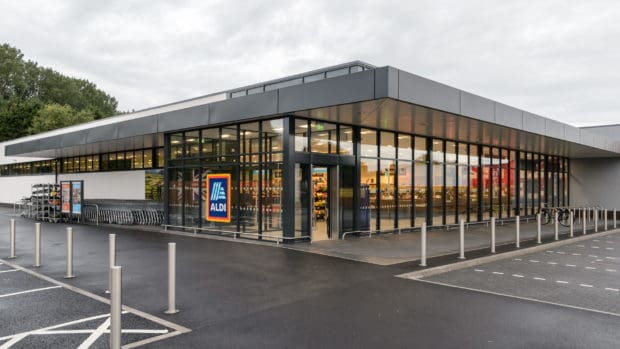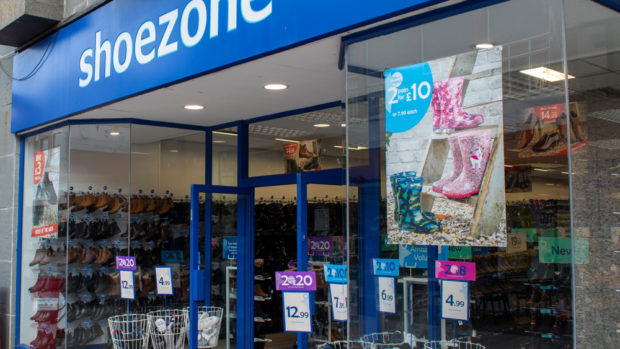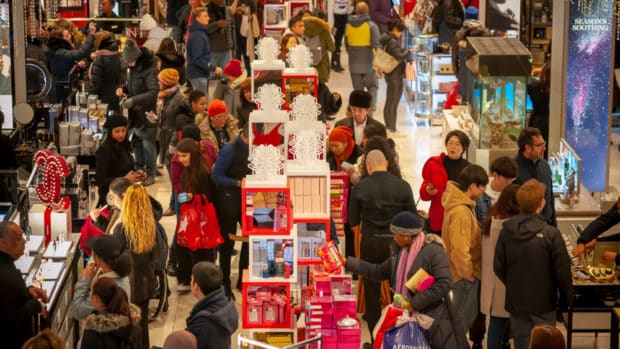Consumers are laying the blame of in-store shelf gaps at the impact of the cost-of-living crisis, according to the latest research from Pricer, a provider of shelf edge automation and communication solutions.
Original research of 1,000 UK shoppers by Pricer revealed 69 per cent of UK shoppers now blame the cost of living for poor product availability in-store, as stubbornly high food prices and the impact of inflation production, manufacturing and logistics continues to put pressure on supply chains. Typically, UK shoppers are reporting just under a fifth (17 per cent) of their food shop as being unavailable on shelf when they shop in-store, while 22 per cent of online grocery customers say their food shops are now delivered with either missing or substituted items.
Half (50 per cent) of UK shoppers believed that the reason for increased shelf gaps they were experiencing in-store was due to suppliers struggling to meet demand due to inflationary pressures on their production and manufacturing, while a further 50 per cent attributed poor product availability to suppliers going out of business due to rising cost-of-living. Last month the UK’s Insolvency Service reported that 2,457 businesses went bust in March – an all time high since records began three years ago and up 16 per cent year-on-year – while last year the number of insolvencies of food manufacturers doubled compared to levels in 2019.
Meanwhile, two years after post-Brexit trading began, 57 per cent of shoppers say Brexit is making it harder to import grocery and food goods into the UK, contributing to shelf gaps and product availability issues. In December, the British Chamber of Commerce warned UK businesses were still grappling with EU trading arrangements and red tape, with half of the firms it polled reporting issues with new forms, customs checks or other processes to get goods across the border.
And, with ongoing staff shortages across the logistics network, 39 per cent of shoppers felt a lack of drivers and warehouse operatives were also causing delays to getting items onto shelf; last year the Chartered Institute of Logistics & Transport reported 86 per cent of UK businesses were experiencing low levels of warehouse staff, while 60 per cent were suffering from a shortage of drivers.
Peter Ward, Country Manager for UK & Ireland at Pricer, commented: “It’s clear that retailers still face a myriad of supply chain disruption from a force field of factors that quite often are outside of their immediate control. And this is putting pressure on getting stock to the store and increasing the prevalence with which shoppers are experiencing out of stocks or shelf gaps. While shoring up and mitigating against risk within supply chains will be a key long-term focus, creating operational quick-wins to get stock that is in-store onto the shelf quickly and efficiently will help retailers uphold customer experience by minimising shelf gaps.”








Share